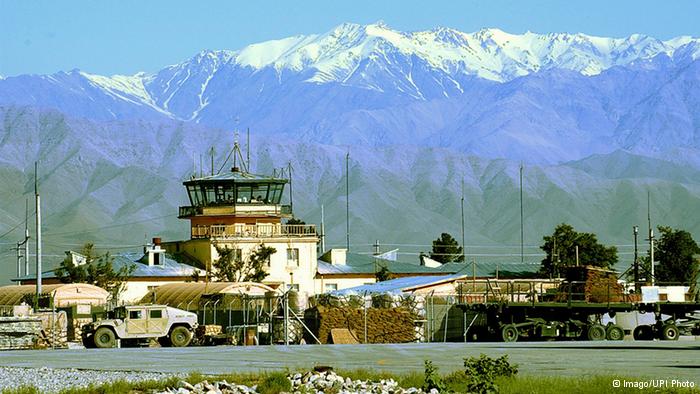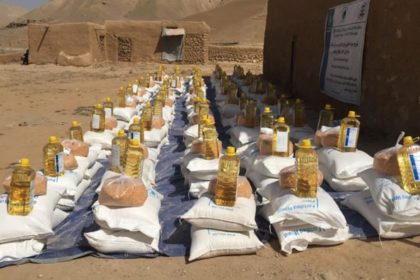RASC News Agency: Zalmay Khalilzad, the former U.S. Special Envoy to the Taliban peace negotiations in Doha, has dismissed as baseless the mounting speculation that China has taken operational control of the Bagram Airbase Afghanistan’s most strategic military facility. In a post published on the platform X (formerly Twitter) on Saturday, July 12, Khalilzad stated: “I believe reports suggesting that Communist China is now operating the Bagram base are inaccurate.” His remarks directly rebut the assertions of former U.S. President Donald Trump, who has repeatedly alleged that following the U.S. military’s hasty withdrawal in 2021, the Chinese government assumed control over the abandoned American installation. Trump, who has long criticized the nature of the U.S. exit from Afghanistan, has maintained that had he remained in office, “Bagram would never have been surrendered,” citing its strategic significance near the borders of China, Iran, and Central Asia.
Fueling the controversy further, the British daily The Telegraph recently published a report alleging that Chinese personnel have been active inside Bagram since early 2024. The report, based on satellite imagery and unnamed intelligence sources, claims that Beijing is financing the renovation and operationalization of the base for dual-use purposes. According to the article, Chinese engineers are refurbishing Bagram’s infrastructure, potentially as part of a broader regional military strategy one that positions China as a dominant player in the vacuum left by the U.S. withdrawal. Bagram was once the beating heart of America’s military presence in the region. Before its abrupt abandonment in 2021 executed without coordination with the former Afghanistani government it housed thousands of troops, advanced surveillance equipment, and counterterrorism assets. Its sudden evacuation shocked allies and emboldened the Taliban, who quickly took possession of the compound in the aftermath of Kabul’s fall.
Since then, the Taliban have claimed that the base remains fully under their control and have flatly denied reports of Chinese involvement. Yet such declarations, made by a group with a long history of misinformation and opacity, have done little to reassure analysts or Afghanistani opposition figures. Meysam Nazari, Head of Foreign Affairs for the National Resistance Front (NRF), told media that reliable intelligence confirms the presence of Chinese operatives inside the base. “There is evidence that suggests an ongoing Chinese role in Bagram,” he said, warning that the Taliban’s denials are more about optics than reality. According to Nazari, the Taliban are increasingly dependent on foreign patronage particularly from Russia and China as they seek legitimacy and funding amidst crippling economic collapse and diplomatic isolation.
What emerges is a pattern of authoritarian convergence: Beijing, eager to project influence westward and secure its Belt and Road interests, may find in the Taliban a convenient if unstable partner. The Taliban, in turn, gain a semblance of external validation by allowing strategic infrastructure like Bagram to be quietly repurposed under foreign direction. Analysts argue that the broader geopolitical implications are severe. Should China indeed operate from Bagram, it would mark a significant shift in Eurasian power dynamics placing a communist superpower at the heart of a country ruled by Islamist hardliners. It would also expose the hollow nature of Taliban sovereignty, revealing that beneath the surface rhetoric of independence lies a regime willing to barter national assets in exchange for survival.
In a nation still reeling from decades of war, displacement, and economic ruin, the fate of Bagram has become more than a matter of strategic geography it is a barometer of Afghanistan’s descent into foreign-backed authoritarianism under a regime that has not been elected, vetted, or trusted by its own people.






